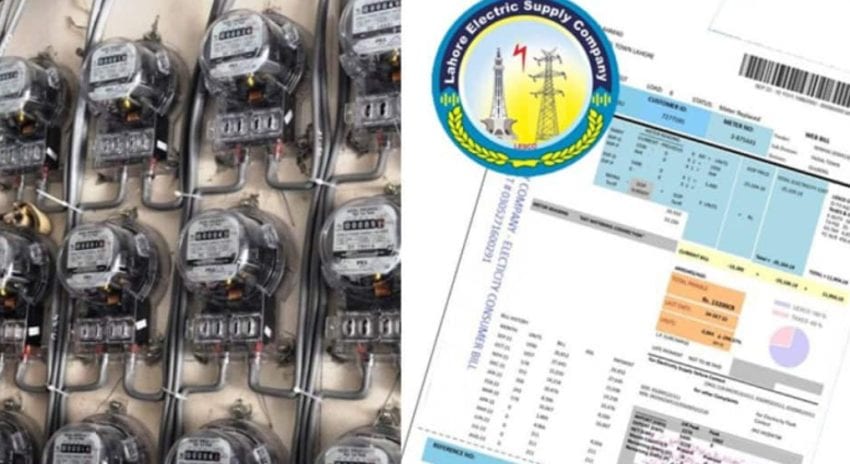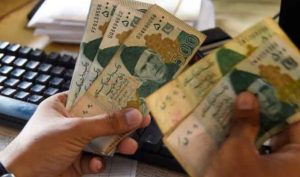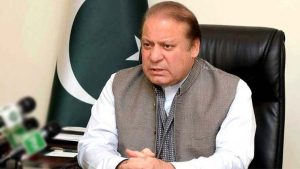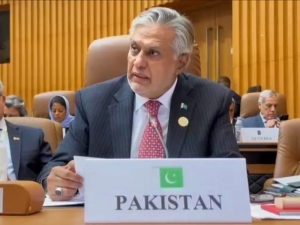LAHORE – Pakistan saw unprecedented tensions with India, which impacted daily life, and even businesses were closed besides other massive losses. Several users even delayed making payments for utility bills.
As normalcy returns, Lahore Electric Supply Company (LESCO) announced extension of payment deadlines for April 2025 electricity bills, offering much-needed relief during these challenging times. The decision comes after regional tensions prompted the company to accommodate consumers who may face difficulty in meeting the original deadlines.
LESCO extended the due dates for bills issued between April 23 and April 30, giving consumers additional time to pay without incurring late fees. Bills issued between April 23 and April 26, 2025, can now be paid by May 15, 2025, while bills issued between April 28 and April 30, 2025, will be due by May 16, 2025.
This gesture is aimed at easing the financial burden on customers, especially those affected by the current situation. LESCO urged consumers to take advantage of this extension and make payments within the revised deadlines to avoid penalties.
In another piece of good news for power consumers, National Electric Power Regulatory Authority (NEPRA) approved fuel charge adjustment (FCA) for K-Electric customers for February 2025. This adjustment will result in a reduction of Rs3.64 per unit on electricity bills issued in May 2025, providing relief to households already struggling with high energy costs.
FCA adjustment is part of a broader tariff framework introduced in July 2023, which also covers costs like efficiency losses and open-cycle generation. NEPRA’s approval includes a provisional allocation of Rs3 billion to support operational needs, but these costs will be offset through negative fuel adjustments, meaning no additional financial burden will be placed on consumers in the future.
Together, these measures by LESCO and K-Electric offer much-needed relief to consumers, especially as energy costs continue to rise. With the extension of bill payment deadlines and a reduction in electricity rates, power consumers can breathe a little easier.














